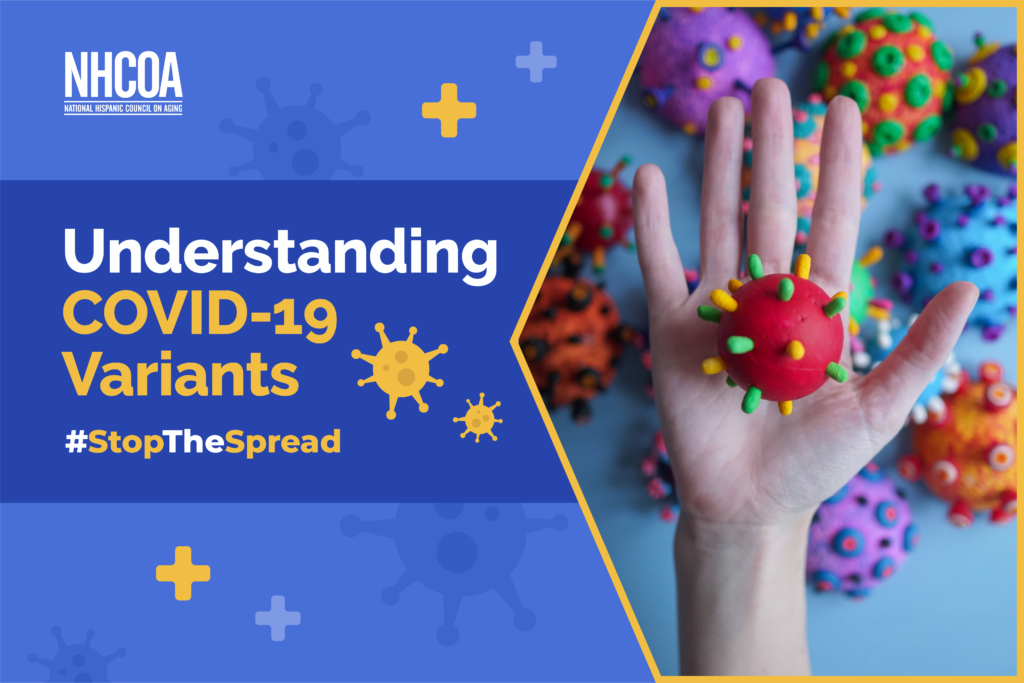
Viruses such as SARS-CoV-2, the virus that causes COVID-19, are constantly evolving as changes occur in their genetic code, meaning, in the genetic composition of what they are made of. Scientists were not wrong in anticipating that since the first SARS-CoV-2 outbreak, multiple new variants have been documented in the United States and globally during this pandemic. Some variants allow the virus to spread more easily or become highly resistant to treatments or vaccines. As the virus spreads, it can change and may become more difficult to stop. In the United States, they are routinely monitored through epidemiological investigations, genetic sequence surveillance of the viruses, and laboratory studies.
More important than the number of variants, an increase in cases can have a greater impact on health services, even if the disease causing the variant is less severe. This is because an increase in cases may lead to more hospitalizations, greater demand for resources and more deaths.
Monitoring variants
As the virus spreads, it has new opportunities to change, and to become more difficult to stop. These changes can be monitored by comparing differences in physical characteristics (such as resistance to treatments) or changes in the genetic code (mutations) between one variant and another. Scientists use “genomic surveillance” and it is the method used by the Centers for Disease Control and Prevention (CDC) to track COVID-19 variants in order to more quickly identify these findings and act in a timely manner to protect public health.
By studying each variant and understanding these differences, scientists can monitor and often predict whether one variant is more dangerous than the others. Scientists can also use this information to track the spread of the variant.
Scientists monitor all variants, but can classify some of them as:
- Variants Being Monitored (VBM): no public health risk; circulation levels in the United States are very low.
- Variant of Interest (VOI): possible impact on spread, severity, testing, treatment and vaccinations; evidence that it is the cause of a higher percentage of cases or clusters of particular outbreaks.
- Variants of Concern (VOC): evidence of impact on spread, severity, screening, treatment and vaccination. A current COVID-19 VOC is Omicron.
- Variant of High Consequence (VOHC): clear evidence of a significant impact on the spread and severity and reduced efficacy of screening, treatment and vaccination.
It is important to understand the different variants of the virus we are facing and, more importantly, to know the different measures we can take to contribute to slowing the spread of COVID-19, among them:
- Get vaccinated and keep up to date with your COVID-19 vaccines.
- Wear a facemask to protect yourself and others.
- Avoid crowds and poorly ventilated indoor spaces.
- Get tested to avoid spreading the disease to others if you have cold or flu symptoms to rule out the spread of COVID-19.
- Stay 6 feet away from people who do not live with you.
- Wash your hands frequently with soap and water. Use hand sanitizer if soap and water are not available.
Play your part in stopping the spread of variants!

Recent Comments